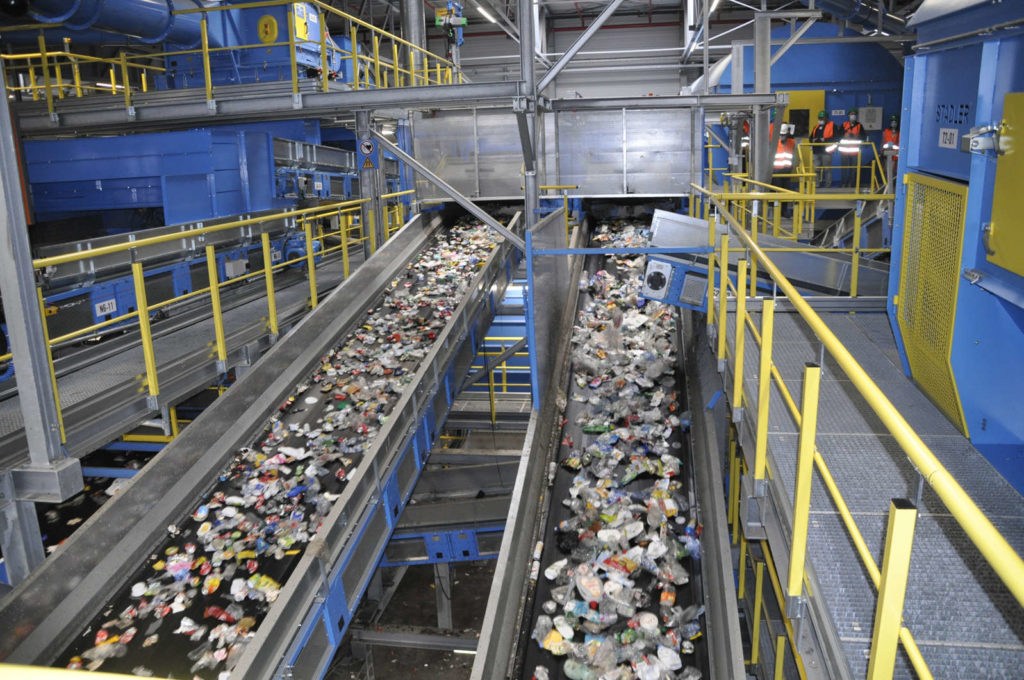Belgium is among the best-performing countries when it comes to innovation in plastic recycling and researching alternative plastics technologies, an EU study found.
Specifically, Belgium stood out for its higher specialisation in bioplastic technologies, the study by the European Patent Office (EPO) found, based on the number of international patents – which represent a high-value invention – that were filed in Belgium.
"While plastics are essential to the economy, plastic pollution is threatening ecosystems all over the planet. The good news is that innovation can help us to address this challenge by enabling the transition to a fully circular model," said EPO President António Campinos.
Combined, the United States and Europe are responsible for 60% of patent applications, making them leaders in global patent activities for plastic recycling innovations and researching alternatives.
This reflects the increased innovation in technologies for plastic recycling and alternative plastics, elements that play an important role in reducing plastic waste and are central to the European Union's Green Deal and the United States' sustainability goals.
"Within Europe, Germany posted the highest share of patent activity in both plastic recycling and bioplastic technologies (8% of global total), while France, the UK, Italy, the Netherlands and Belgium stand out for their higher specialisation in these fields," the report stated.
Belgian companies and research institutes appear to be strong in the field of mechanical recycling, waste reuse and bioplastics based on natural polymers.
Using bioplastics results in a reduction of greenhouse gas emissions and the use of fossil fuels, while their biodegradable nature allows for a reduction in the amount of waste material.
Related News
- 'The polluter pays': Flanders raises taxes on incineration of industrial waste
- Belgium imposes phased ban on single-use plastics
Of all recycling technologies, the study found the fields of chemical and biological recycling methods generated the highest level of patenting activity between 2010 and 2019.
It highlighted that, when looking to the future, there is significant potential in new plastic designs for easier recycling, which could be adopted in aerospace, construction, transportation, among others.
"This is an area of alternative plastics that has developed exponentially in recent years, with an average annual growth rate of 10% since 2010," the report read.
The findings are expected to be used as a guide for business leaders and policymakers to direct resources towards promising technologies, assess their comparative advantage at different stages of the value chain, and highlight innovative companies and institutions that could contribute to long-term sustainable growth.

